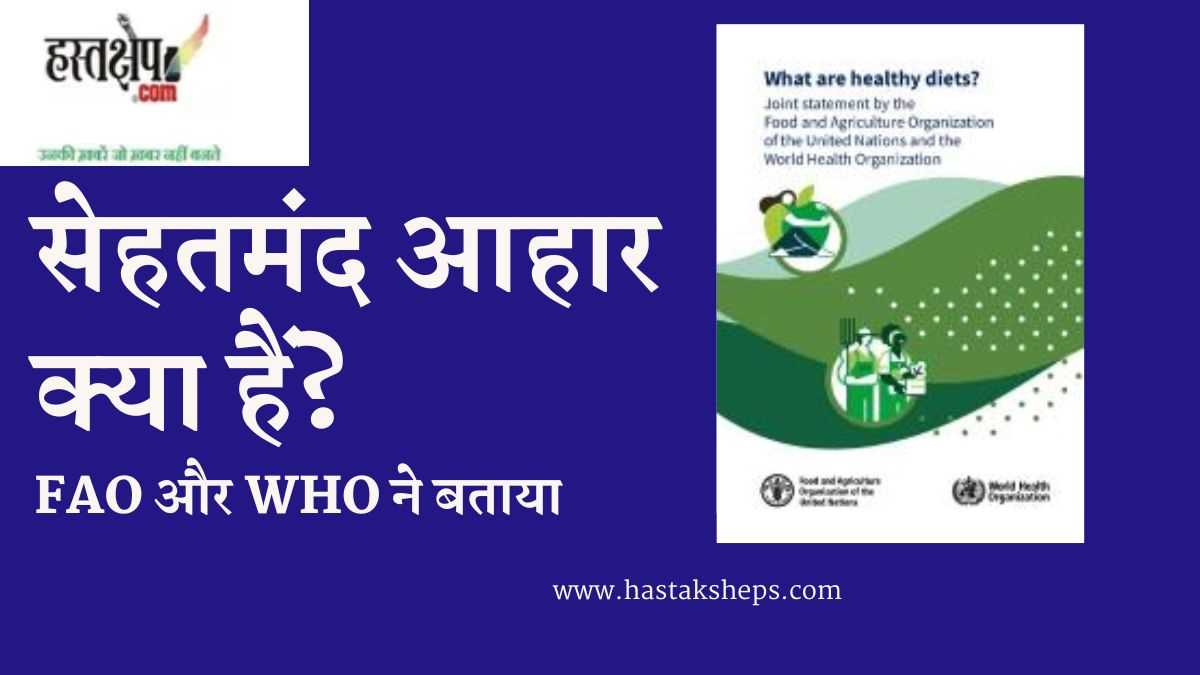
Indian National Congress-led Govt ignores environmental and occupational diseases and deaths
December 2013: At last the Environment and Forests Ministry has earned the privilege of being headed by a cabinet minister. But the irony is that Moily’s acceptance of the role of being an Environment & Forests Minister who has a regulatory role exposes his hypocrisy because as Minister of Petroleum & Natural Gas, he is a promoter of projects which are the cause of environmental destruction. There is the manifest conflict of interest here because projects from Oil and Petroleum ministry come to environment ministry’s expert appraisal committee for environment clearances. His appointment reveals that Dr Manmohan Singh, the Prime Minister has become a threat to the environment and public health.
How could Dr Manmohan Singh allow Moily to be a promoter as well as a regulator? Such gross conflict of interest exposes Dr Singh and Moily as few of the most insincere politicians in the country.
It has been noted that as Oil & Petroleum Ministry, Moily has been writing to MoEF against expanding boundaries of Pushpagiri Wildlife Sanctuary in Dakshin Kannada, supported controversial Netravathi Diversion project (Yettinahole Diversion Project) for his constituency of Chikkaballapur. As environment minister, he is under structural compulsion to be disregard environmental concerns for electoral gains.
This is an anti-environment proposition because the donors are bound to seek lax environmental laws in return for their contribution to political parties. Unless there is state funding for political parties to fight elections, it is unlikely that the structural weakness in the environmental governance can be rectified. The payments to the Indian National Congress from these donors seem to have led to the appointment of Moily to safeguard their profits at any environmental cost.
Indian National Congress-led Government failed to respond to the crisis emerging from industrial pollution, vehicular pollution, land-use change, mutilation of rivers, aquifers and diversion of agricultural land. Citizens have been forced to internalize the cost of environmental damage and pollution even as the human-environmental cost of environmental destruction has been externalized for corporate profits. It was expected that the Government would take cognizance of the health indicators of the deteriorating environment in terms of a double burden of disease but under the leadership of Dr Singh, it has been rendered spineless by the corporate contribution to its constituent parties.
As an Environment Minister, Moily would ensure that the status quo of land-water binary that has been created to deal with land resources and water resources separately as part of colonial legacy must be done away with and a genuine river basin approach is adopted which would also require rewriting of the industrial policy.
Being from Karnataka, the new minister is likely to pander to parochial interests by supporting the demand for catastrophic projects like interlinking of rivers. He is expected to aggravate the unhealthy legacy of bulldozing rivers, flood plains, forests, biodiversity, natural drainage etc. as if citizens, forests and wildlife are irrelevant.
The Prime Minister has failed to stop the transboundary movement of polluting technologies, hazardous wastes, creating an inventory of hazardous chemicals and wastes besides conducting an environmental health audit along with the ministry of health to ascertain the body burden through investigation of industrial chemicals, pollutants and pesticides in umbilical cord blood.
In one study in the US, of the 287 chemicals detected in umbilical cord blood, 180 were known to cause cancer in humans or animals, 217 are toxic to the brain and nervous system, and 208 cause birth defects or abnormal development in animal tests. Absence of such studies in India does not mean that a similar situation does not exist in India. Until and unless we diagnose the current unacknowledged crisis, how will he regulatory bodies predict, prevent and provide a remedy?
Although chrysotile asbestos banned in more than 50 countries, the Indian National Congress-led Government’s patronage to this killer industry has led to an increase in consumption of asbestos in India. In India, import of asbestos rose from 253,382 tonnes in 2006 to 473,240 in 2012, a steep increase of 186 per cent in six years.
This reveals that Dr Singh’s government is anti-environment and anti-public health. His Government has ignored global experiences of INTERPOL Environmental Crime Committee and its Working Groups on Wildlife Crime and Pollution Crime.
Dr. Singh has failed to regulate pollution and environment crime. The 141-page report of the steering committee on the environment and forests sector for the eleventh five-year plan prepared by Planning Commission states: ‘The number of polluting activities — and the quantum of pollution generated — has increased in the last several years. Furthermore, newer and newer environmental challenges are thrown up — from solid waste disposal to disposal and recycling of hazardous waste, to toxins like mercury, dioxins and activities like ship-breaking to the management of vehicular pollution.’ Dr Singh’s government failed to meet ‘the regulatory challenge’ as a consequence environmental regulation has not kept pace with environmental crimes.
After serving for two years, Jayanthi Natarajan resigned from the post of junior minister of state for environment and forests on December 21, 2103. The Veerappa Moily, the petroleum and the natural gas minister was given the additional charge of the environment ministry.
For Details :
Gopal Krishna,
Toxics Watch Alliance (TWA),
Mb: 09818089660, 08227816731,
E-mail:gopalkrishna1715@gmail.com, Web: www.toxicswatch.org



